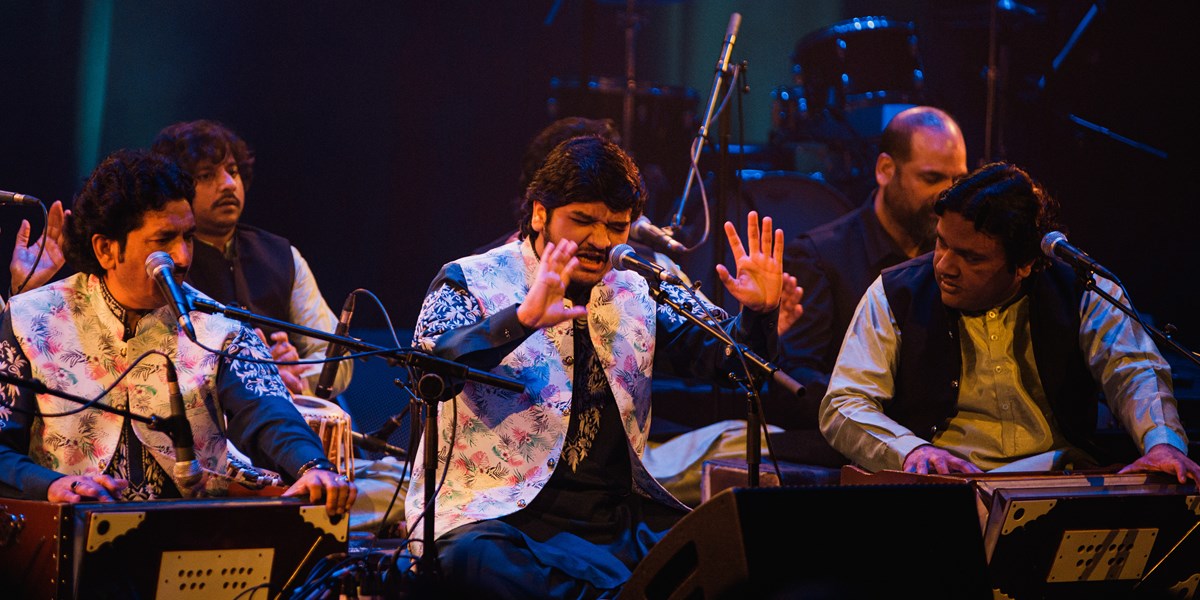Friday, April 5, 2024
South Asian Joy
Revelatory qawwali, North Indian wonderment and frighteningly deep bass sitars were all in the offing as Simon Broughton attended the Southbank Centre’s festival of South Asian music

Chahat Mahmood Ali Qawwal (photo by Nandi Desai)

Register now to continue reading

Thanks for visiting the Songlines website, your guide to an extraordinary world of music and culture. Sign up for a free account now to enjoy:
- Free access to 2 subscriber-only articles and album reviews every month
- Unlimited access to our news and awards pages
- Our regular email newsletters

